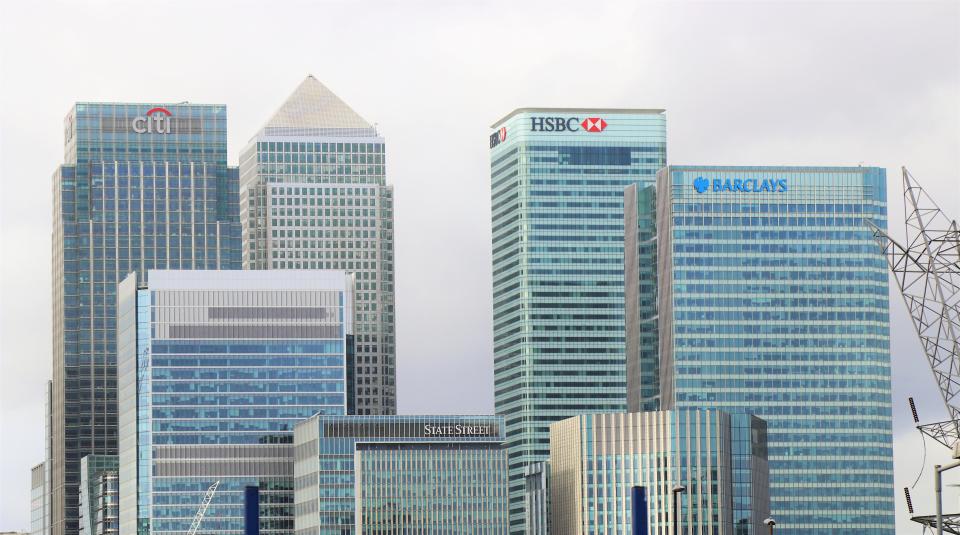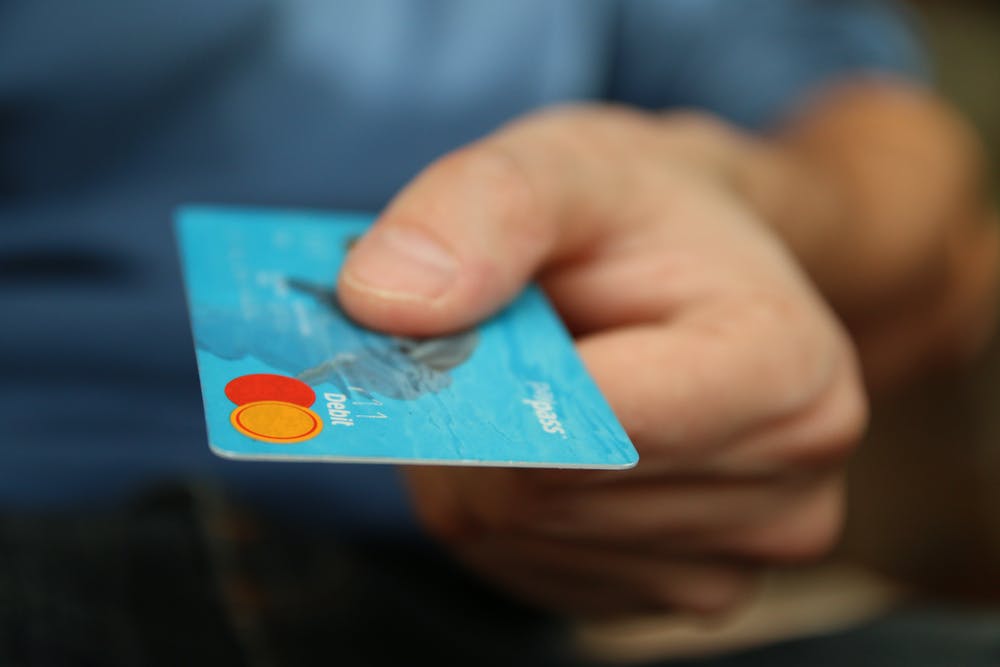
Nobody likes dealing with overdraft fees, and they can get fairly expensive depending on your bank. Fortunately, there are a number of ways that you can avoid having to pay these fees to begin with. If you want to keep as much money as possible in your account, you’ll definitely want to keep reading. Incurring overdraft fees once can quickly snowball and lead to major financial issues. This is why it is so important that you are careful about not getting into this predicament at all.

Take Out a Loan When You Need One
Instead of overdrafting on your bank account, you’ll want to consider getting a loan instead. This is an easy way to get the funds you need when you don’t have the cash in your bank account. It is easier than ever to get a loan thanks to the internet. All you have to do is go online and look for a lender that will match your needs. Borrowing from a private lender that is based online can help you get the necessary funds within a single business day. Take all the time you need to review your options before making a decision though.
Set Up Automatic Payments
Another good way to avoid getting charged an overdraft fee by your bank is by setting up automatic payment for all your bills. This is possible with most everything, including utilities, internet and much more. While you might not be able to pay all of your bills automatically, you should do it wherever possible. This will save you from having to keep writing checks, which can quickly land you in trouble.

Look Over Your Monthly Statement
It is also very important that you look over your monthly bank account statement without fail. If something seems off with the balance on your statement, you probably shouldn’t make any major purchases for a bit. This can be a very effective means of avoiding overdraft fees. Make sure that you check the balance of your account online throughout the month between your statements as well.
Set Aside Some Money
When you have money set aside for “rainy days”, you won’t have to worry so much about overdraft fees. This will allow you to either prevent or take care of these fees without any issues. You can also just let the money sit in your bank account so that this never becomes an issue in the first place. It is always a good idea to have at least a hundred pounds or so set aside for things like this.
Look into Overdraft Protection
Many banks offer overdraft protection as an option to its members. You should take the time to at least look into this, as it can be quite useful. While you might have to pay a very small fee each year, it could be well worth it. This will keep you from having to pay a ridiculous amount in overdraft fees if you ever go over. Speak with someone from your bank to find out the details, as it is different with every institution.

Be Careful About Using Debit Cards
While debit cards might seem harmless enough, they can land you in trouble with your bank. You shouldn’t use these cards for certain things like buying gas or even getting a hotel room. Anything where there is a delay on the payment can result in overdraft fees, which is never a good thing. You’ll want to have a credit card for these kinds of purchases. You won’t have to be concerned with overdrafting, and there are usually some pretty great perks. Take the time to find the right credit card, as there will be tons of options to choose from.
Stay in Touch with Your Bank
If you ever find that you have overdrafted on your account, you should get in touch with someone from your bank right away. You don’t want to simply ignore this problem, because it isn’t going to just go away. The sooner you do this, the easier it will be to minimise the fallout. If you have a good history with the bank, they might be willing to waive the overdraft fee. This all depends on whether or not this is your first time.
Overdraft fees can do quite a bit of damage to your finances, so it is something to be taken seriously. As annoying as these fees are, they are entirely avoidable. It is imperative that you make a conscious effort to do these things so you don’t slip up in the first place. Some banks are more forgiving than others, but you don’t want to depend on yours showing any mercy. There is a good chance that you’ll have to pay every pound that you are charged in this situation.
